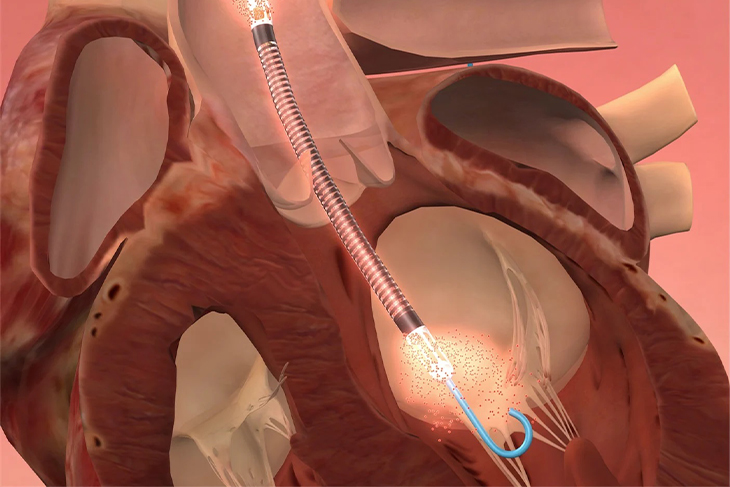LMCA PCI

What is LMCA PCI?
Percutaneous coronary intervention (PCI) is a treatment used for Left Main Coronary Artery (LMCA) disease. It is one of the two main arteries that bring oxygenated blood to the heart. The blockage of this artery can cause fatal heart malfunctions, causing a heart attack. LMCA is a very rare disease but a serious one. The accumulation of fatty substances over time leads to atherosclerosis, which is the main reason for the LMCA. PCI is a non-invasive procedure performed to remove the blockage from the artery.
Why PCI for LMCA?
PCI for LMCA will help to increase the survival chances of the patients by restoring the cardiac blood flow. PCI will also help to effectively reduce the symptoms of LMCA.
How is it performed?
PCI can be done in three steps:
- Angiography: Assess the extent of the blockage and ensure that the patient is suitable for PCI.
- Balloon angioplasty: A catheter is inserted through the blood vessel, and the balloon at the end of the catheter is inflated into the artery, thus restoring the blood flow.
- Stent Placement: To keep the arteries wide and open, a stent is placed at the blockage. This will ensure smooth blood flow after the procedure.


